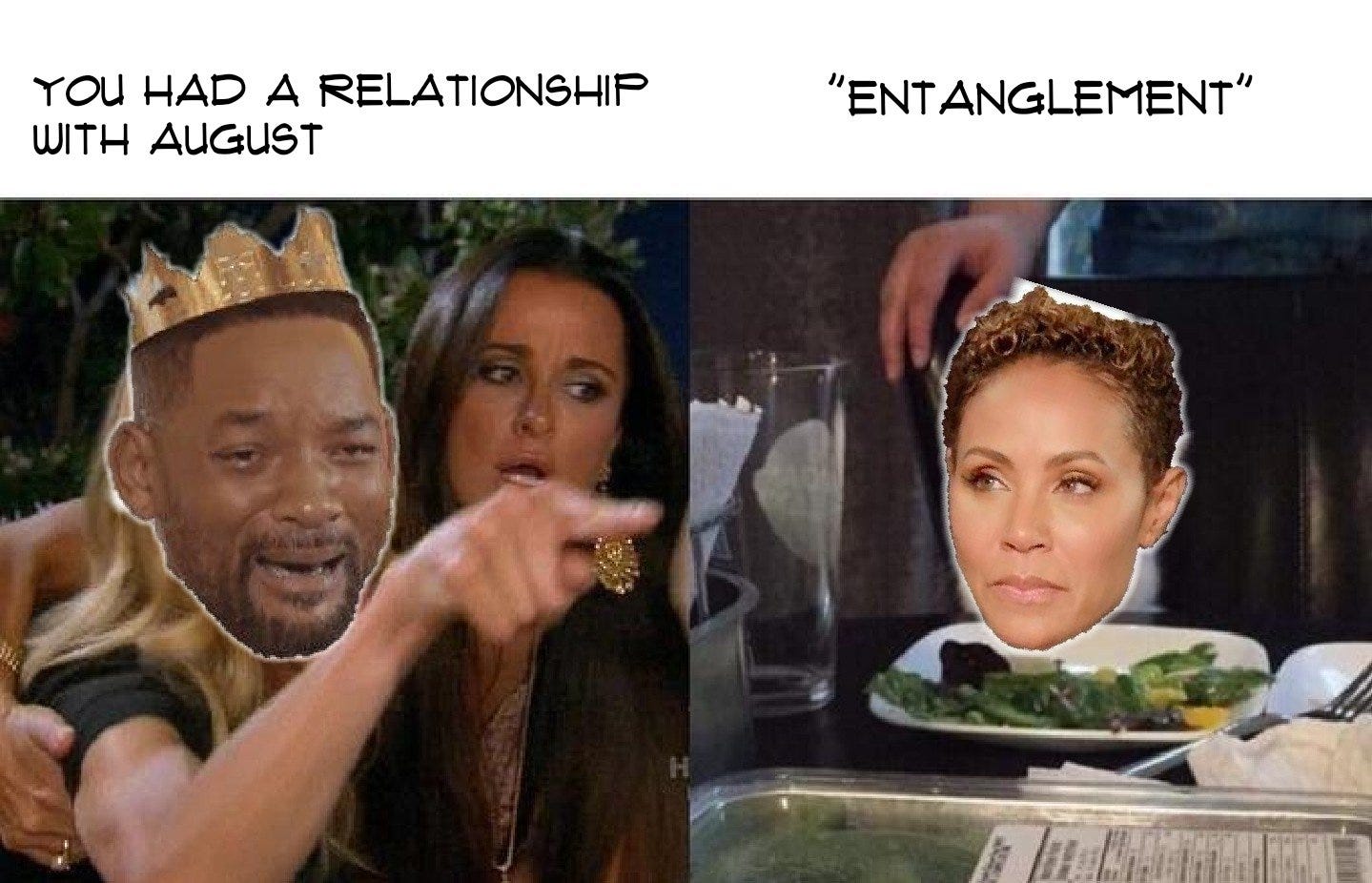The language we use to describe reality often ends up shaping reality. Ludwig Wittgenstein said “the limits of our language are the limits of our world”. Modern western society, or in better words, the English speaking world, is rightfully confused about romantic “relationships” and a strong part of the reason why is the broken and corrupt language that we use to describe them.
Let us begin with the word “relationships”.
Anyone living in western culture immediately understands that this is referring to a romantic entanglement (ha!) of some sort. It is just vague enough to allow sin into the calculation, and just tight enough that those who want to be even more degenerate can say “let’s not put such a heavy label on it”. In fact, there are those deplorables who don’t even merit the word “relationship” and are in a degraded version of this called a “situationship” in which one or both parties are just using eachother for sex. Human flesh, a warm bodyship. NetflixandChill-tionship.
What even is that? Our language about love is entirely broken. No wonder people are so confused.
A relationship describes the way that one human being relates to another. A woman may have the relationship of mother with her daughter, of sister with her brother, of neighbour with the person who happens to live next to her and of friend with the old man who drives the bus she takes every day. These are such easy to describe relationships and are hardly ever “complicated”.
For most of human history, the only way that a man and a woman who were romantically and sexually related to each other could describe their relationship was “husband and wife”.
It was hardly ever a question. Perhaps, there was “betrothed” as in the person you were about to marry. Then, there was some gray area. There was a “beau”, a “beloved”, a person you were courting, someone who caught your eye, a sweetheart you were wooing. These things didn’t always imply sexual intimacy, but they did imply the intention of it, they did imply some degree of exclusivity, and ultimately, fundamentally, they implied the intention for marriage.
This intention for marriage has, in modern culture, been largely written out of the modern romantic relationships and this is the reason for much of the confusion and degradation of them.
But there is something else that has been written out when the intention for marriage disappeared, and that is the role of the husband and the wife as distinct, different, but equally valuable roles for a man and a woman to play.
When I first heard the word “partner” or “significant other” I thought it was a word that gay people used when they got married or were dating someone and they had to use that word so as to not give away the fact that they are gay. But it is far more sinister than this.




